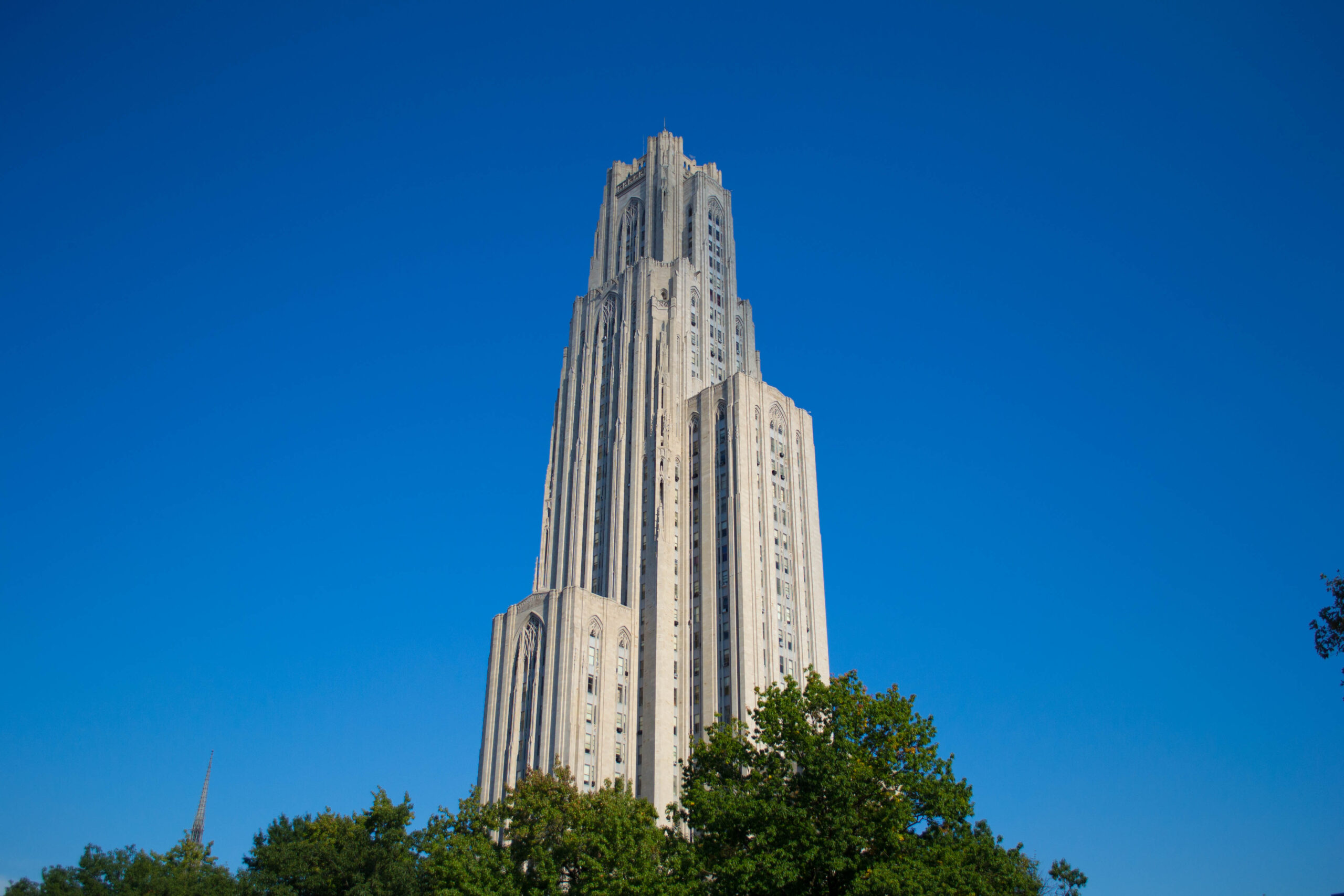
GREEN LIVING
Pittsburgh Universities and Their Sustainability Policies
By Bria Zegarelli
 August 12, 2025
August 12, 2025
As leaders of academia and users of immense amounts of energy, universities arguably have a responsibility not only to educate about the needs of our environment, but also to actively take part in preserving our environment’s health. Pittsburgh specifically is notorious for having horrible pollution due to its factories, and particularly due to its historic steel production and coal mining. Therefore, I wanted to spotlight the environmental goals and policies of local Pittsburgh universities to see how they are making an effort in our local area. The three schools highlighted will be Duquesne University, University of Pittsburgh, and Carnegie Mellon University.
DUQUESNE UNIVERSITY
University Sustainability Committee
Duquesne specifically highlights their University Sustainability Committee (USC), which prioritizes the United Nation’s Sustainable Development Goals and Pope Francis’ Laudato Si’ On their website, Duquesne talks about how the USC has a number of campus groups that focus on “managing campus gardens, coordinating curricular work related to sustainability, developing partnerships with local organizations, and more.”
The USC also partners with BikePGH for Duquesne’s Campus Bike Week, an annual event that encourages traveling by bike around the campus area. Duquesne’s program ReUse listserv also supports environmental health by donating furniture and appliances to those in need, and Duquesne has also received the Tree Campus Higher Education recognition, which celebrates the high number of trees planted on campus. Furthermore, Duquesne has multiple campus gardens that are used for fresh produce and green spaces. Duquesne’s website highlights that the school’s environmental policies earned them a place on the Princeton Review’s 2025 List of Green Colleges.
UNIVERSITY OF PITTSBURGH
Sustainability
The University of Pittsburgh has an entire website dedicated to their sustainability efforts, founded upon their sustainability plan, which highlights 15 sectors that showcase and track their environmental efforts. These 15 sectors are broken down into Stewardship (Water Systems, Materials & Waste, Landscape & Ecology, Transportation & Mobility, and Energy & Emissions), Exploration (Teaching & Learning, Research, Innovation, Global Outreach, and Partnerships), and Community & Culture (City & Regional Connections, Food Systems, Equity & Access, Health & Wellbeing, and Engagement & Awareness). Pitt’s sustainability website also highlights “Green Guides,” which provide information for both faculty and students about different environmental practices and opportunities on campus.

Additionally, Pitt’s sustainability website has an entire section about on-campus academic opportunities for students and staff who want to become involved with the environmental science field.
CARNEGIE MELLON UNIVERSITY
Sustainability Studio
Regarding CMU, the university centers its sustainability policies around its Sustainability Studio, a sector of its Sustainability Initiative that prioritizes programming and education for environmental justice, as well as other social and economic issues. In their own words, this Sustainability Initiative is “Carnegie Mellon University’s commitment to fostering a sustainable future for all by integrating the Sustainable Development Goals (SDGs), or Global Goals, into education, research, and practices. The initiative goes beyond environmental concerns to include social and economic justice, centering equity.”
The website lists the various goals of this initiative, such as bringing together faculty and students for environmentally-conscious events, working with on-campus groups to create support for integrating the Global Goals into the university’s education and research, and developing external partnerships that support and encourage the Global Goals. CMU’s website even includes a thorough table of the university’s environmental goals and practices, which can be helpful for anyone who wants to learn more about the school’s environmental actions and policies. A different sector of CMU’s website includes information about their “Green Practices,” which are the specific efforts the university takes on campus.


Leave A Comment